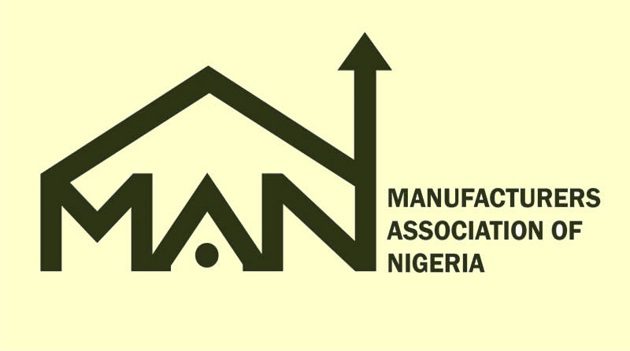The Nigerian manufacturing sector has witnessed a surge in investments from major players, including Dangote Group, BUA Group, and Flour Mills of Nigeria (FMN), who have collectively increased their capital outlays by an average of 30% during the first half (H1) of 2024. A recent report from the Manufacturers Association of Nigeria (MAN) attributes this growth to optimism over the economic outlook and the effects of currency depreciation.
Key Findings from the MAN Report
The MAN report reveals that its members invested a total of N250.13 billion in H1 2024, marking a 29.65% year-on-year increase compared to H1 2023. While this represents a nominal rise in investment, MAN clarified that in real terms, manufacturers have primarily focused on sustaining existing production rather than expanding, as the cost of imported machinery and raw materials soared due to the weakened naira.
In a statement made available to 9am News Nigeria, MAN explained, “In real terms, investment spending did not increase, as manufacturers focused on maintaining current production levels rather than expansion due to the challenging economic environment.”
Growth in Fixed Assets and Sector-Specific Investments
Despite inflationary pressures, manufacturers reported a 32% increase in investments in buildings, machinery, plants, and other fixed assets, signaling cautious optimism. According to the report, the food, beverages, and tobacco sectors led this investment wave with a 57% growth, totaling N93.16 billion.
Leading contributors to these investments include Dangote Cement, BUA Cement, Dangote Sugar, BUA Foods, Flour Mills of Nigeria, Nestle, FrieslandCampina WAMCO, Nigerian Breweries, Guinness, and Emzor Pharmaceutical Industries Limited.
Challenges Facing Nigerian Manufacturers
The report highlighted multiple challenges impacting the manufacturing sector, including:
- Foreign Exchange Woes: The naira has lost over 70% of its value since the start of the Tinubu administration, reaching N1,678.9/$ as of November 13, 2024, leading to increased costs for imported materials.
- Rising Interest Rates: In response to inflation, the Central Bank of Nigeria (CBN) has raised the interest rate from 18.75% in 2023 to 27.25%, increasing the cost of borrowing and adding pressure on manufacturers reliant on loans for operational costs.
- High Energy and Logistics Costs: Energy prices and logistics expenses continue to strain operations, with MAN’s Director-General, Segun Ajayi-Kadir, noting the impact of recent petrol price hikes on production and distribution costs.
Ajayi-Kadir commented, “One is naturally worried about the impact on the already lackluster performance of the manufacturing sector. The hike in petrol prices will lead to higher production costs, and with dwindling disposable incomes, these expenses are felt more acutely by the average Nigerian consumer.”
Outlook and Strategic Adjustments
While the report reveals a willingness among manufacturers to invest, it also underscores the need for stabilizing policies and consistent forex access to support long-term growth.
Stay tuned to 9am News Nigeria for more Breaking News, Business News, Sports updates And Entertainment Gists.
















